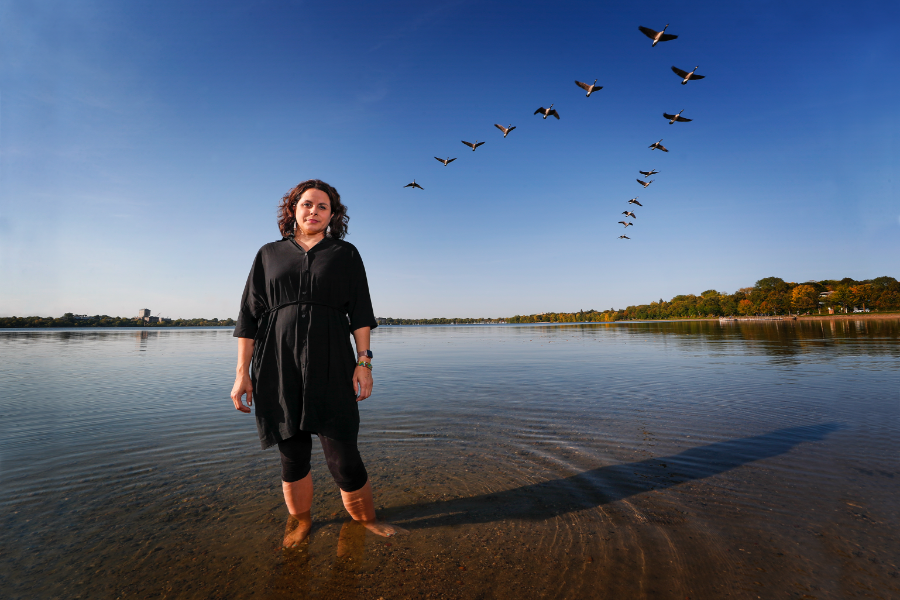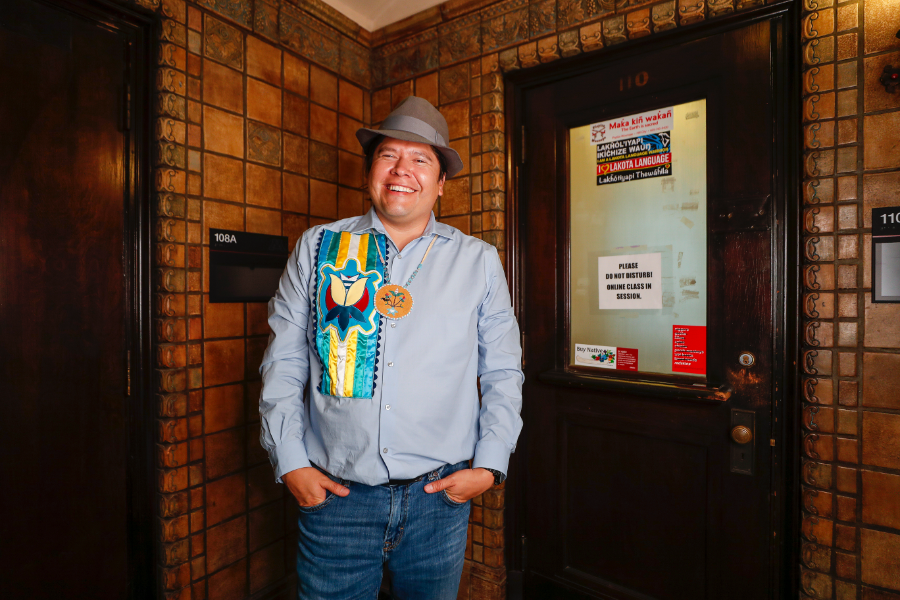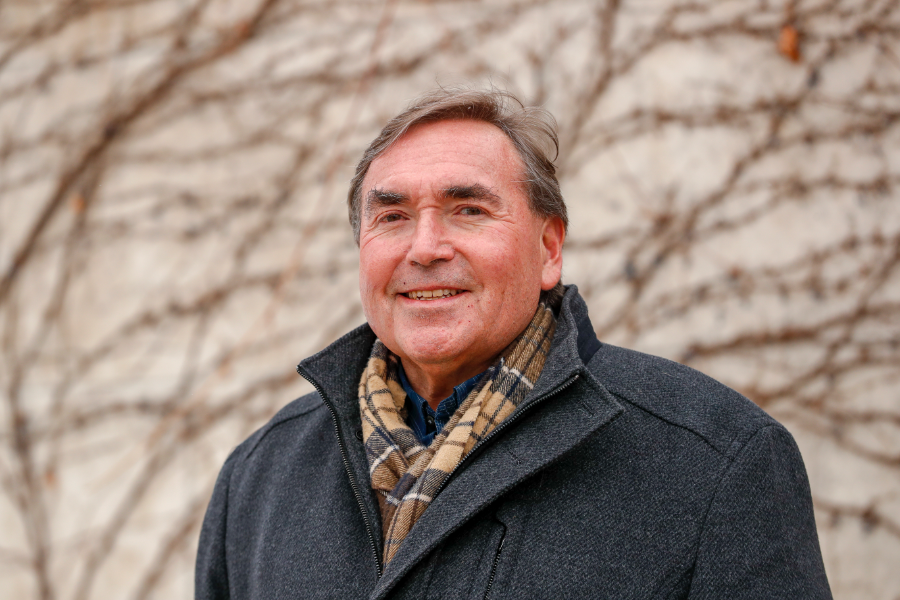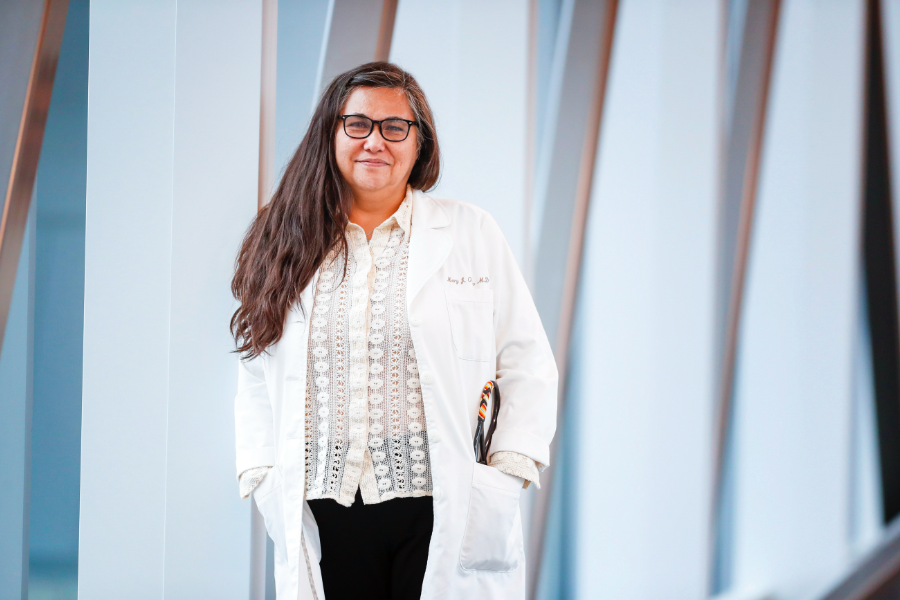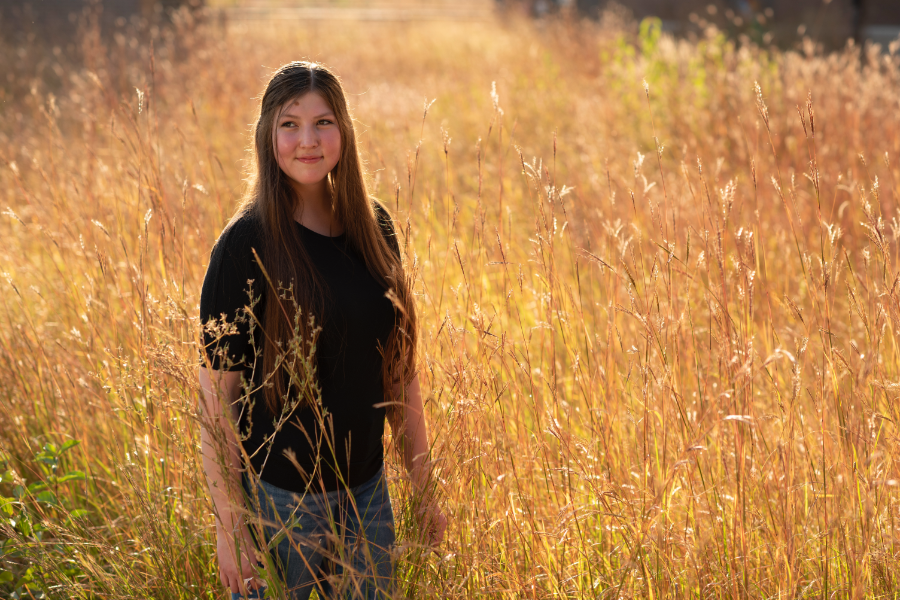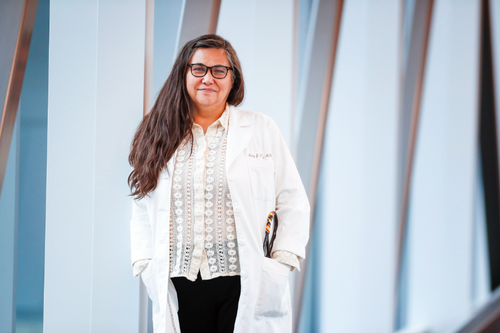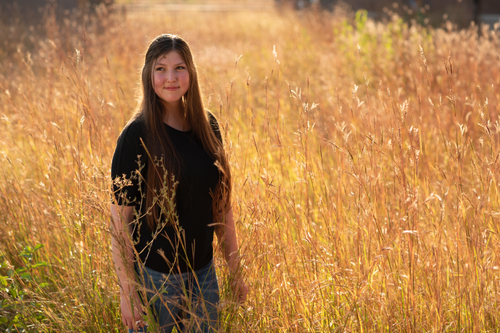Korina Barry: Creating 'the community we deserve'
As U of M alumna Korina Barry transitions from a career in child welfare to a new position in Indigenous advocacy, she reflects on her own personal journey.
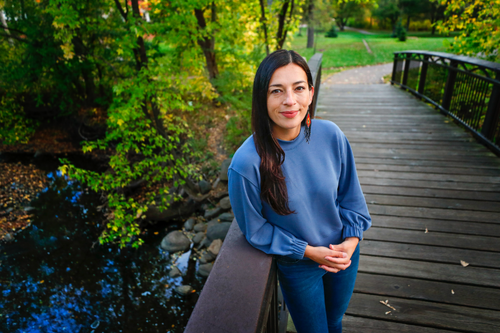
For most of her life, Korina Barry (BA ’09, MSW ’11) has either seen or experienced the struggles of Indigenous youth, a foster care system that often fails Native children, and cycles of family trauma. It motivated her to become a social worker, and it guides her ongoing work to help others.
“I want to help heal my community and people within my community,” says Barry, who is Anishinaabe from the Leech Lake Band of Ojibwe. “That has stayed with me all throughout my experiences.”
After a decade working in child welfare—the first half in Indian child welfare and last half as director of outreach for the U of M’s Center for Advanced Studies in Child Welfare—Barry now works for the all-Indigenous organization NDN Collective.
Barry’s own journey—professional and personal—has never been easy. As a youth her family experienced issues of alcoholism, drug addiction, and “high mobility” (she had to move around a lot) while her parents were incarcerated.
Fortunately, a counselor at Minneapolis South High School encouraged her to apply for college, and with a strong support system at the University of Minnesota, Barry flourished.
In her first year at the U she lived with a cohort in the American Indian Cultural House, and she joined the multicultural sorority Sigma Lambda Gamma in her second semester. Barry worked multiple jobs and earned a number of scholarships in order to continue her schooling. She earned her master’s in social work at the U of M, becoming the first Shakopee Mdewakanton Sioux Community Scholar to earn a degree.
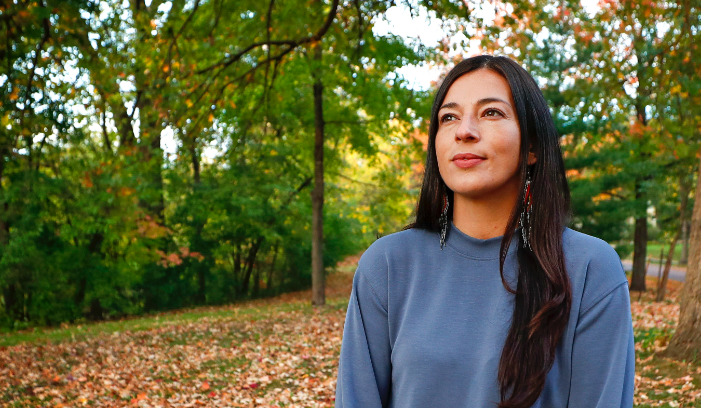
A radical reimagining, and more time for reflection
Last November Barry joined the NDN Collective, an all-Indigenous nonprofit based in Rapid City, SD.
“It was really this mix of all the things I’ve done or wanted to do,” she says. “Our mission is building Indigenous power around our three principles of defend, develop, and decolonize. Defending our people, our land, and our resources; developing our communities; and also continuing to decolonize and dismantle these systems and these ways of being that continue to harm our people and our ways.”
“It’s been really powerful,” she adds. “Many of our team members talk about this period of stripping away everything we’ve carried or took on while working in predominantly white, colonized spaces.”
Nearly a year into her position, Barry remains energized, and she’s thrilled that NDN Collective imbues Native spiritual practices like prayer, gratitude, and reflection into its work—each and every day.
When it comes to reflection, Barry feels she’s now at the point where she can better process some of the things that have happened in her own life.
“It took me going to school and growing and evolving as a human to really be able to name the things that I had experienced or name the things that were done to me,” she says. “I didn’t grow up identifying things in that way. I just remember being a kid and being in it.”
The more she’s reflected, she’s developed a different kind of compassion and empathy for the generations preceding her.
“I still carry with me so much from everything I’ve experienced,” Barry says. “What has happened to our ancestors and those generations before, I still feel that every day. My mom and the other women in my family are such beautiful beings. Knowing what they’ve carried and had to go through, I feel that in my body at times—that pain, that grief.”
Barry is now training her focus on her people and her community, she says, “uplifting those voices and those experiences to create the community we deserve—radically reimagining what we want for ourselves.”
